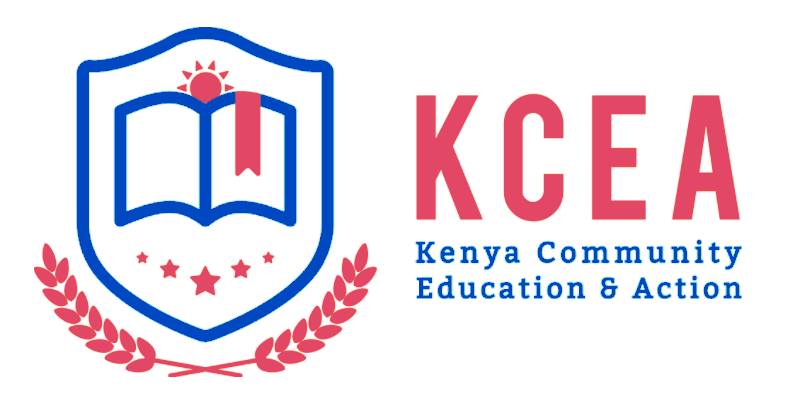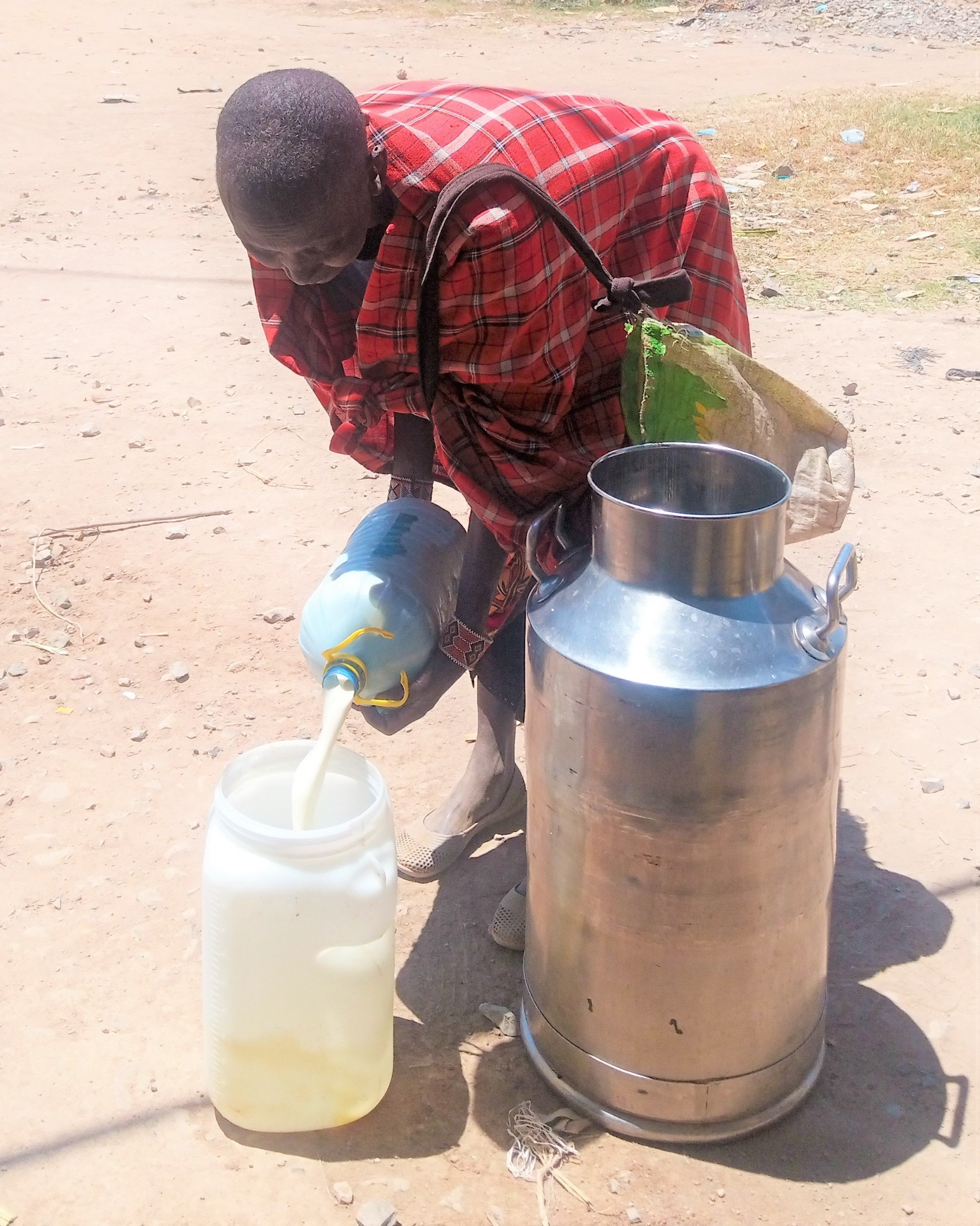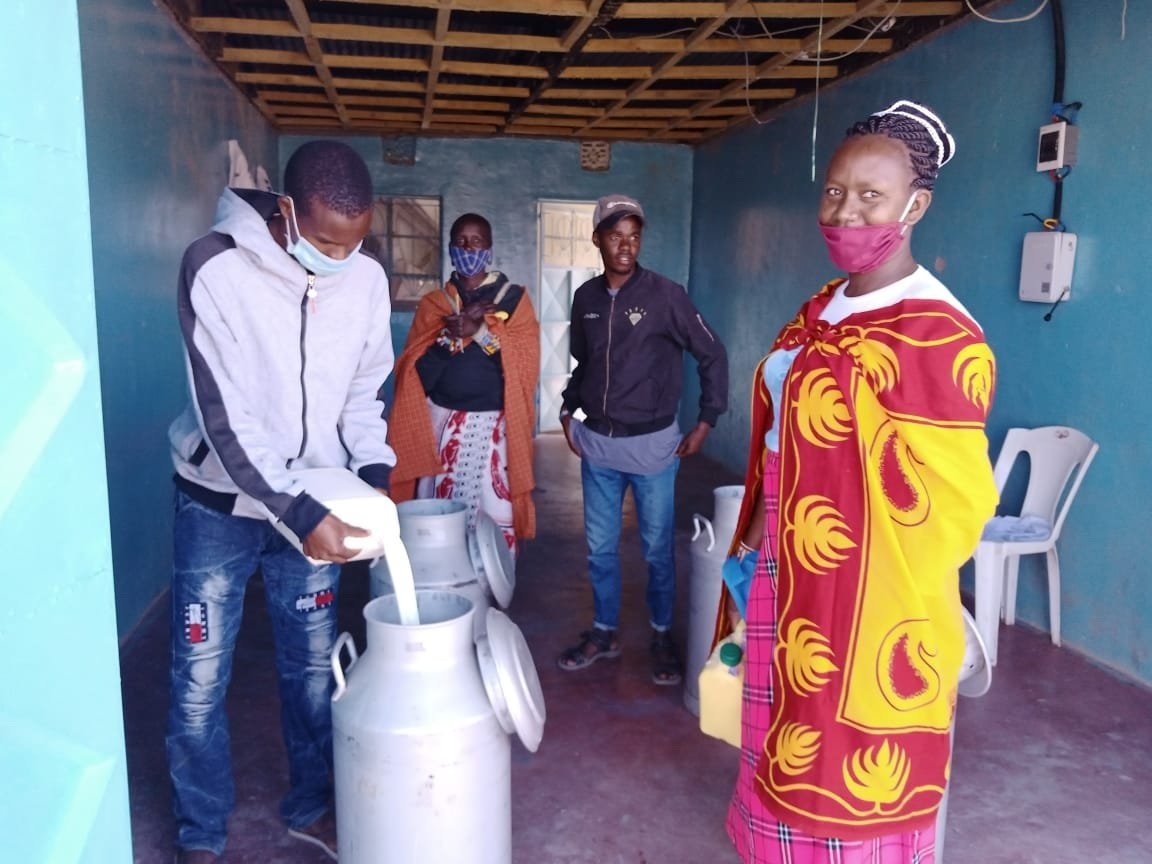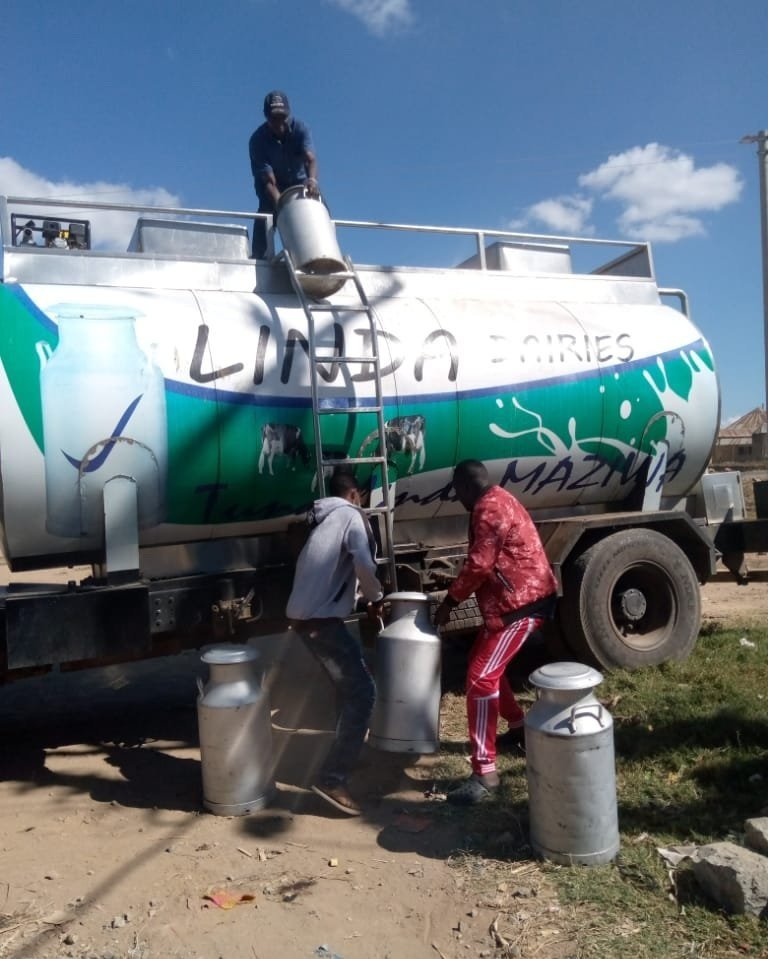The Milk Project
KCEA is an organization for students, but it is so much more than that. While educational sponsorships are a large part of what KCEA supports, the founders, John and Peris Keshe know that the needs of a student cannot be completely separated from the needs of the family or community. Students come from small villages where people work to both feed families and earn a living primarily through consumables from their livestock - herds of cattle, sheep, or goats. Traditional jobs that are well known in America are not found in these remote communities.
John, a witness to the poverty of the surrounding villages, channeled his desire for better circumstances for the Maasai people into a community-wide project. The idea of The Milk Project was born. The project provides a way for families to bring milk from their cows to a commonplace for collection and a way to earn much needed income.
John’s dream was laid to paper with a plan. Unfortunately, those plans halted due to project cost. He continued to pursue The Milk Project alongside others and in 2020, a member of the KCEA board was able to donate funds to get it started with a space to house a milk collection tank, as well as the electrical system to keep the milk cool. A short time later, Connection Point Church provided more funding that was graciously matched by an anonymous KCEA donor, providing the exact amount needed to buy the milk tank itself.
Now Maasai women, a large majority who are mothers of KCEA sponsored students, can make a small income ($2 to $10 per week) to help their families obtain food, clothing, and other necessities. These women walk five to ten miles one way, often daily, to bring their fresh milk to the tank. Twice weekly, the milk is then picked up by a tanker truck and hauled to Nairobi, where it can be sold to market.
Valuable milk can now be collected, cooled, and sold to enhance the lives of the Maasai village community.



